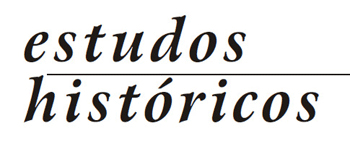Abstract
In the last two decades of the 19th century, two ideas which would serve as a basis for the arise of the social legislation in Spain spread: organicism conceived as a philosophical conception that would preserve social harmony and the idea of tutelar State which interfered in the socio-economic field. By the end of the 19th century, the corporate proposal reflected itself in three distinctive groups: Krausist liberals, conservatives, and social catholics. In the 20th century, those approaches became a large-scale sociopolitical project during the dictatorship of general Miguel Primo de Rivera (1923-1930). Minister Eduardo Aunós’ corporate project was influenced by social catholicism, the Krausist moviment, as well as the antiliberal nationalisms present in Europe at that time, as Charles Maurras’ French movement. The model of social interventionism was mainly used by the Spanish right-wing during the Second World War and also by smaller fascist groups.
Keywords:
corporatism; social policy; Spain
